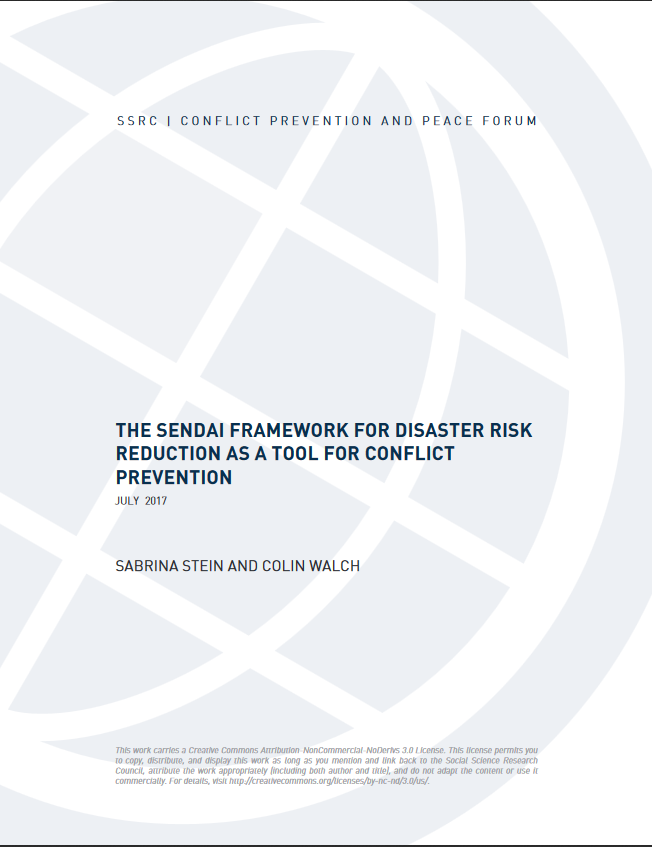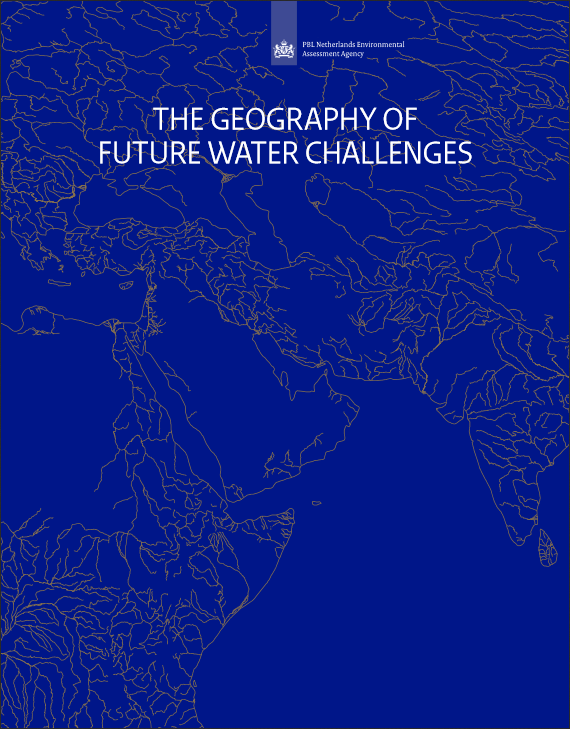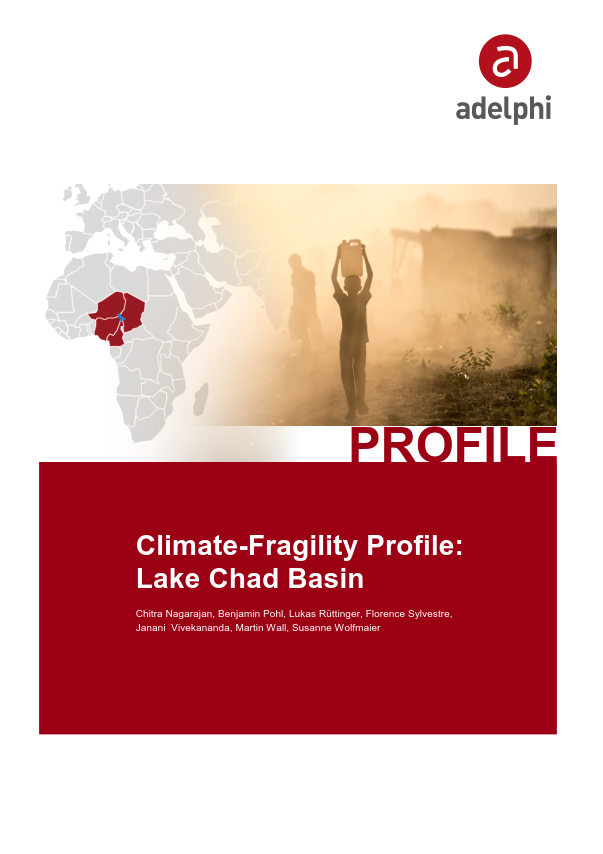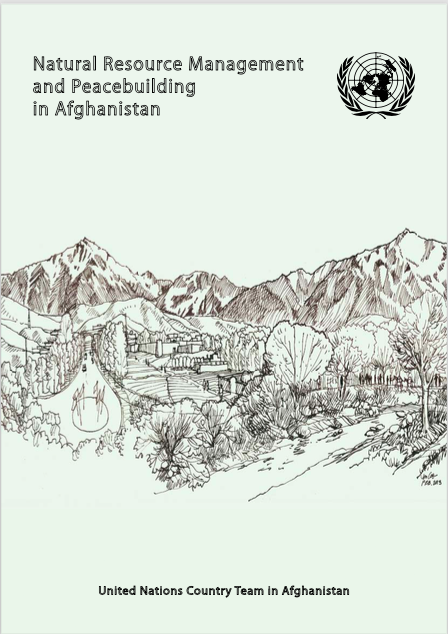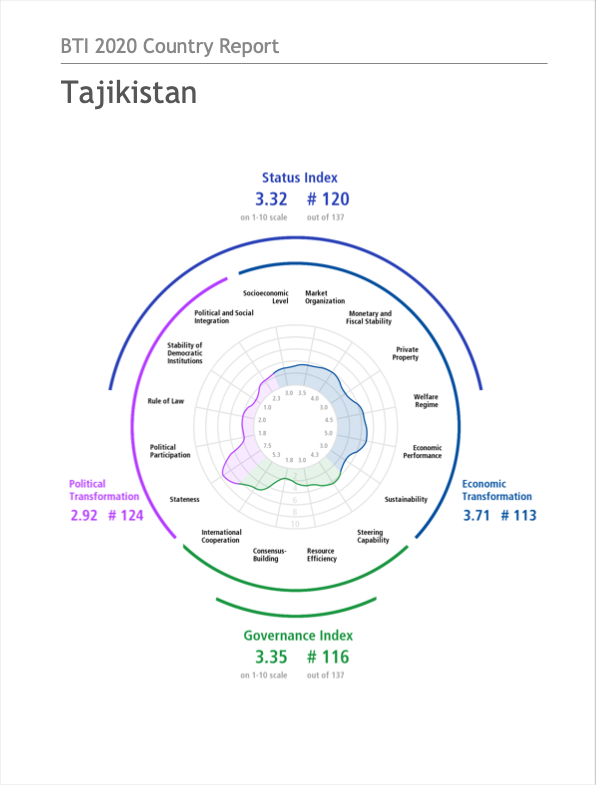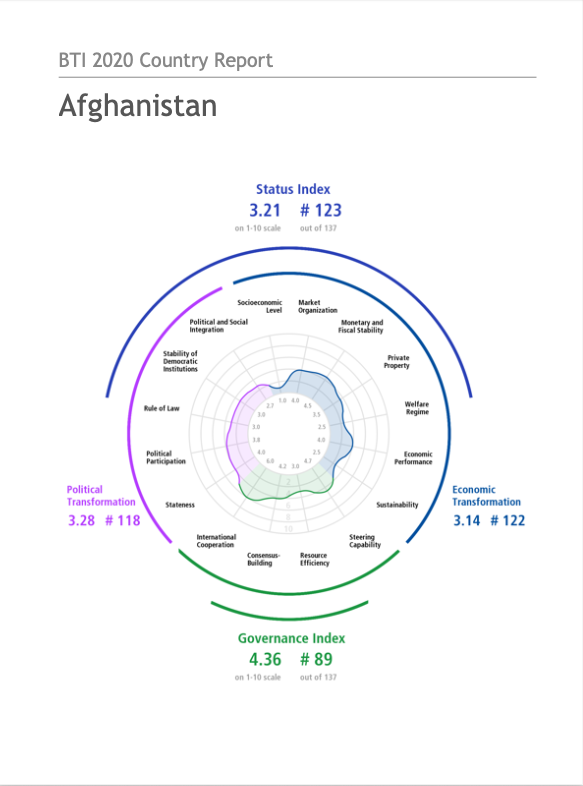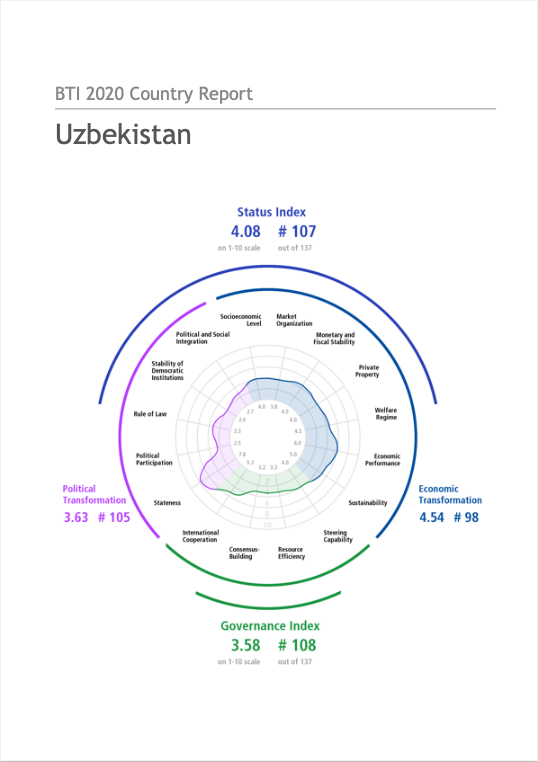Climate Change and International Security: Resource Guide 2017 - Consolidated Edition
The Climate Change and International Security Resource Guide is produced for the Brussels Dialogue on Climate Diplomacy (BDCD) which consists of a series of informal meetings to exchange information and promote cooperation among European institutions and international organisations active in the nexus between climate change and international, national, human and environmental security.



